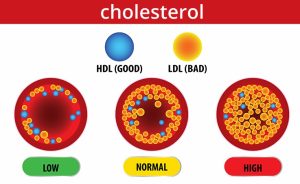For some people, weight loss isn’t just about looking or feeling better—it’s about restoring health, preventing complications, and improving overall quality of life. While healthy eating and exercise are always the foundation of weight management, individuals with significant weight loss needs may benefit from medical interventions. These options provide structured, evidence-based, and supervised care to help you achieve long-term results.
Why Consider Medical Weight Loss?
Weight loss can be especially challenging when medical conditions, hormonal imbalances, or genetic factors play a role. Medical interventions are designed for people who:
- Have a BMI of 30 or higher, or 27+ with weight-related health issues like diabetes, high blood pressure, or sleep apnea.
- Have tried diet and exercise without achieving meaningful, sustained results.
- Need a safe, physician-guided plan tailored to their health profile.
Types of Medical Interventions
Prescription Medications
FDA-approved medications can support weight loss by:
- Suppressing appetite
- Reducing fat absorption
- Regulating hormones related to hunger and metabolism
These medications work best when combined with lifestyle changes and medical monitoring.
Medically Supervised Weight Loss Programs
These programs provide a personalized, doctor-led approach, which may include:
- Customized nutrition plans
- Behavioral therapy and lifestyle coaching
- Regular check-ins to track progress and adjust strategies
Bariatric Surgery
For individuals with severe obesity, surgical options may be the most effective path. Common procedures include:
- Gastric Bypass: Reduces stomach size and reroutes digestion for quicker satiety.
- Sleeve Gastrectomy: Removes part of the stomach to lower appetite and food intake.
- Adjustable Gastric Banding: Limits stomach capacity with an adjustable band.
Non-Surgical Procedures
Minimally invasive options like gastric balloons or endoscopic sleeve gastroplasty help patients lose weight without the risks of major surgery.
Choosing the Right Option
Deciding whether medical intervention is right for you depends on:
- Your overall health and medical history
- The presence of weight-related conditions
- Your readiness for lifestyle changes
- Recommendations from a trusted healthcare provider
Final Thoughts
There’s no one-size-fits-all solution for weight loss. Medical interventions offer a safe and effective path for individuals who need more than lifestyle changes alone. By working closely with your healthcare provider, you can explore the options that best align with your health needs and long-term goals.



